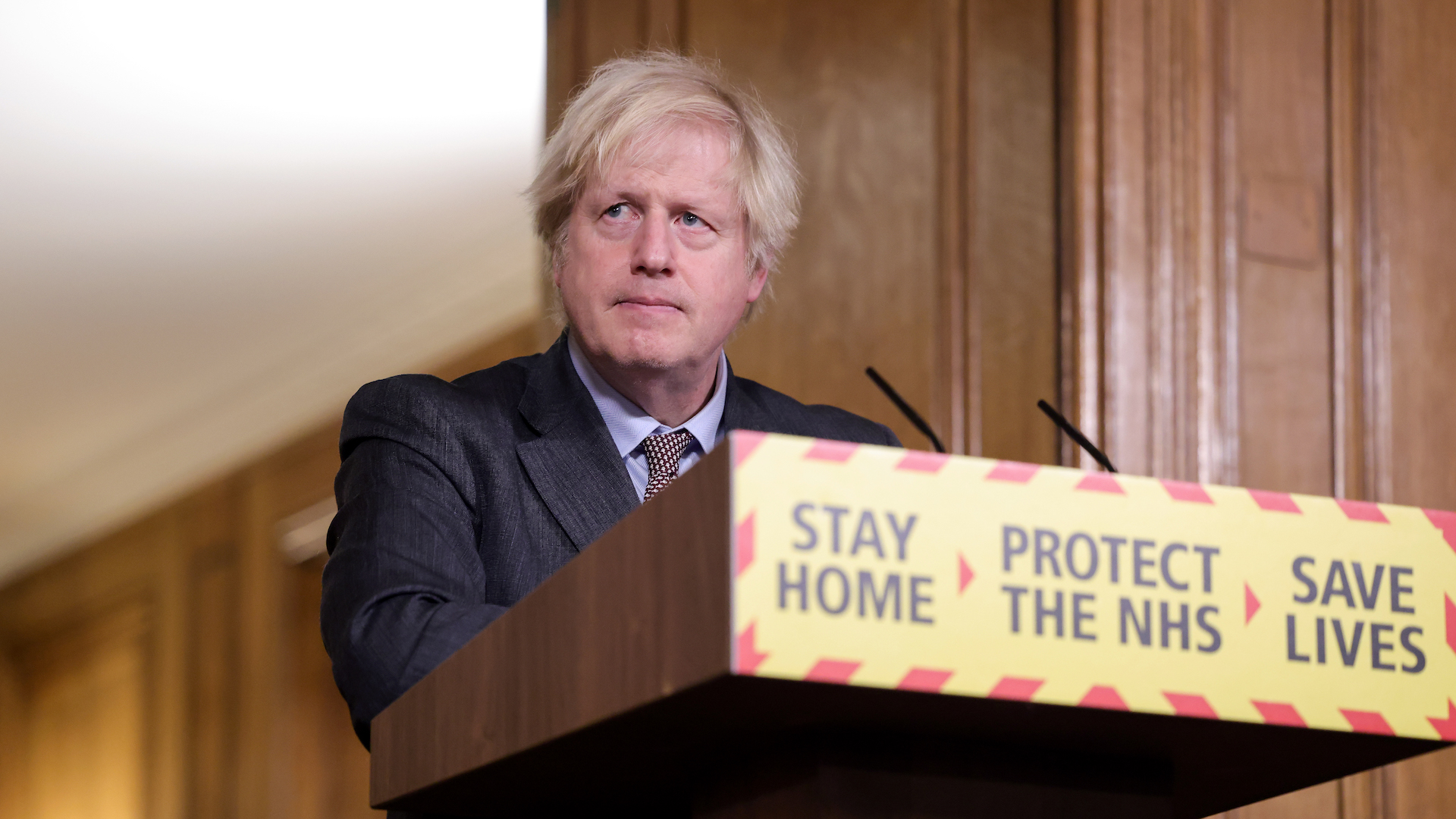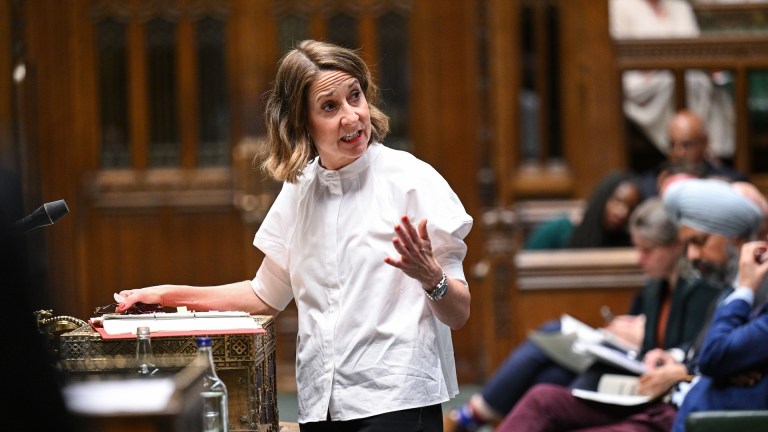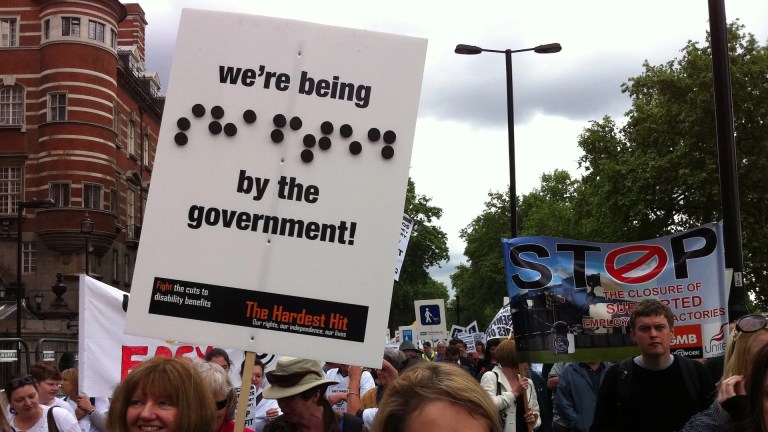“Ultimately, it is important the government recognises the connection between health and wealth, to ensure that no groups are left behind.”
Support The Big Issue and our vendors by signing up for a subscription.
Black African men were 3.7 times more likely to die with the virus than white British men during the first wave, researchers found. Black African and Bangladeshi women were more than twice as likely to die compared to white women.
In the second wave, Bangladeshi men were five times more likely to die than their white counterparts. Researchers said the increase needed further “careful investigation” to understand what exactly drove a rise in mortality for this group.
“The UK experienced some of the poorest outcomes from the pandemic when compared with similar and neighbouring countries, along with some of the worst economic impacts,” the report said.
“The timing of pandemic restrictions and the UK’s regional and international connectedness were leading factors in determining the extent to which the virus spread. But the way Covid-19 has affected different parts of the UK and various populations has seared public consciousness and is a result of pre-existing health and socioeconomic conditions.”
Advertising helps fund Big Issue’s mission to end poverty
A spokesperson for the Department of Health and Social Care (DHSC) told The Big Issue: “Any death is a tragedy and we know Covid-19 has had a disproportionate impact on certain groups, including people living in deprived areas, which is why Public Health England carried out a rapid review to help improve our understanding of the Covid-19 pandemic and guide the future public health response.”
“The new Office for Health Promotion will lead national efforts to level up the health of the nation by tackling obesity, improving mental health and promoting physical activity and we are offering a vaccine to all adults in England to help protect them and their loved ones from COVID-19.”
The NHS was accused of “failing” people from ethnic minorities in a University of Manchester report published earlier this year. The researchers called for further investigation into how structural racism was driving down health levels for people from BAME backgrounds, after Covid-19 rates laid bare the factors making them more vulnerable to infection.
Covid-19 outcomes for Black people were slightly improved during the second wave, according to the Health Foundation report, suggesting the risk factors were “modifiable” – such as targeted public health messaging, changes at work making it easier for them to self-isolate and better access to PPE – demonstrating the impact preventable inequality had on Black communities during the first wave.
A quarter (25 per cent) of people from minority ethnic communities were living in poor conditions compared to a national average of 8.6 per cent, the report said. The proportion of Bangladeshi people living in overcrowded homes (24 per cent) was twelve times that among white British people (two per cent).
Ethnic minorities were less likely to be able to afford private transport, meaning 26 per cent had to use public transport at least once a week, compared to an average 10 per cent.
Advertising helps fund Big Issue’s mission to end poverty
Ministers must ensure the UK’s recovery from the pandemic “improves health as well as the economy,” according to the Health Foundation, calling for a health inequality strategy and a regular, independent assessment of the nation’s health to be put before parliament.
Slashed budgets for public services since the Conservative government came to power a decade ago meant resilience was already low before the pandemic, researchers found. Services were forced to tackle “acute need” rather than “dealing with root causes” in the wake of the financial crash, according to the report, meaning inequality was not addressed.
“These have come to the fore again during the pandemic and further compromised people’s health,” researchers added.
People from ethnic minority communities faced a double whammy of illness and poverty – long documented to worsen Covid-19 outcomes – according to the report, with a high of 43 per cent reporting shrinking incomes in lockdown, compared to 22 per cent of white British people. They were twice as likely to struggle to put food on the table during the pandemic.
Just 44 per cent said they were aware they could claim universal credit if out of work due to the crisis. Ethnic minorities were significantly more likely to lose out on government financial support, with 43 per cent of women and 48 per cent of men losing out on benefits compared to 13 per cent of white women and 21 per cent of white men.
One in three people from ethnic minority communities said poor housing made their mental health worse, and were less likely to have easy access to green, open spaces (39 per cent compared to 58 per cent of white British backgrounds). They were ten per cent more likely to experience mental ill health as a result of employment worries (61 per cent compared to 51 per cent).
Advertising helps fund Big Issue’s mission to end poverty
While 70 million doses of the Covid-19 vaccine had been given by June 12, differences in uptake by ethnicity were threatening to further widen health inequality, researchers said. Nearly 95 per cent of white people older than 50 had received at least one dose, compared to 67 per cent of Black Caribbean people in the same age range.
The Health Foundation called on the government to tackle the backlog of people waiting for healthcare and to strengthen the benefits system, better protecting household finances across the country.
Greater protections for low-paid workers and support for people experiencing mental health problems to get back into work are also necessary to cut inequality and prevent future crises driving people into hardship, according to the report.
The DHSC spokesperson added: “There is a range of help available for those in need, including welfare support, the furlough scheme and the Test and Trace Support Payment scheme to help those experiencing financial hardship, and cannot work from home, to self-isolate.










